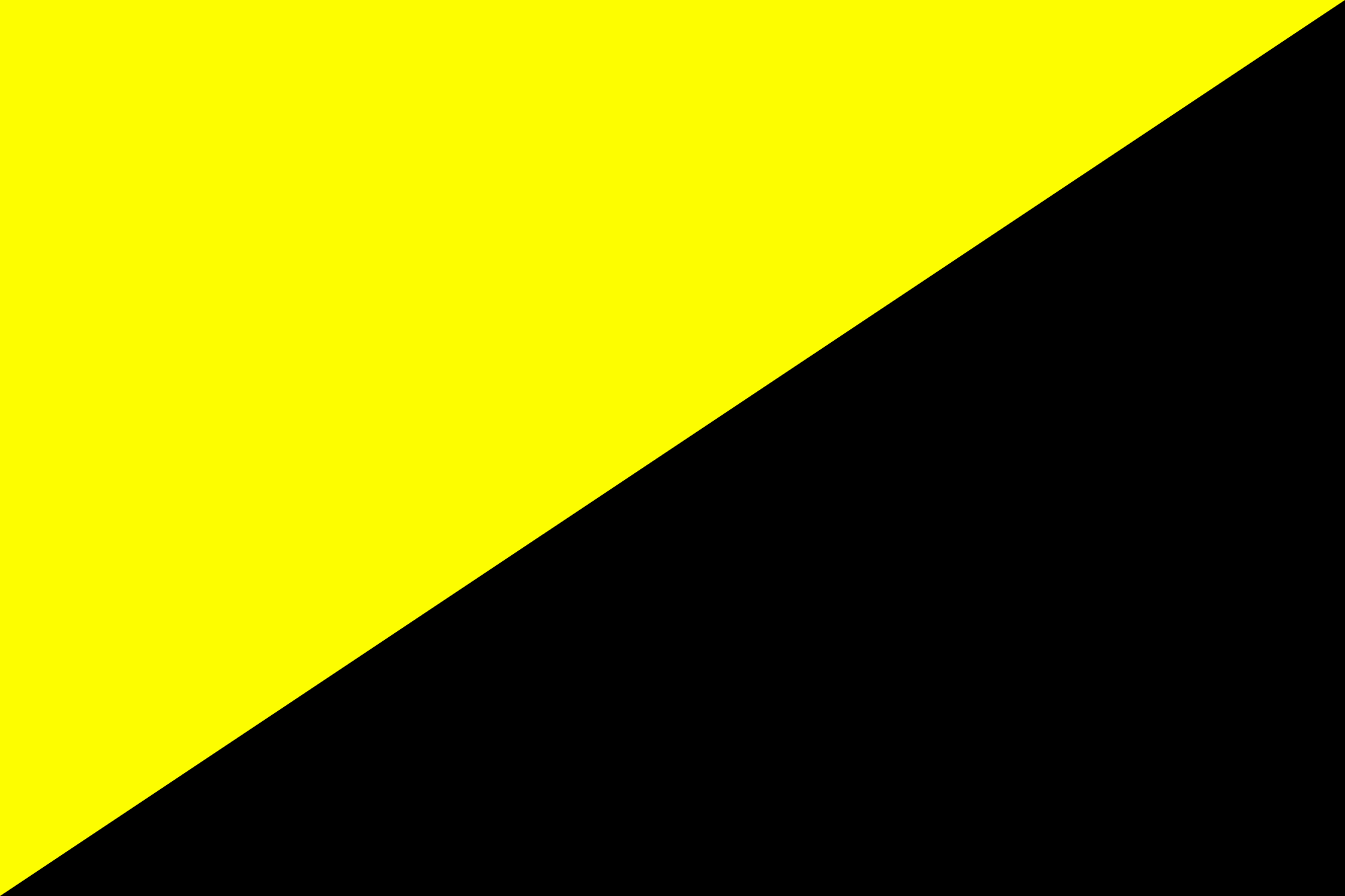Breaking The Paradigm: A Brief Introduction To Voluntaryism
I. What Is The Point
What is the point of having an opinion? What is the point of standing your ground for what you believe in? Yes you, the one reading this text right now. We are having an intimate moment right now. We are speaking to each other one on one. You will find that much of this text will be empirical, I will not be speaking necessarily to you and you will find it a more objective analysis of the world that you and I live in. Take this moment seriously and really think about what makes you, you. Think about what your worldview is, what your opinion of government is, what your relationship with religion is, how you feel about animals, children, and the environment and the collection of scarce materials around us.
If you are someone who was raised in a western society, I assume you are of four possible positions coming into this. You are either someone who identifies as a leftist, a Democrat perhaps. You see a lack of justice in the world. You place emphasis on people getting by well and people remaining safe. You place emphasis on victims receiving restitution and you seek equality for all. Or, you could be a rightist, a Republican perhaps. You love your family and you see great virtue in persons who rows upstream, those who work hard to pave their way to success. You emphasize responsibility and taking care of yourself. Your emphasis lies on keeping what you earn and spending it the way you like. The third possible option is that you know who I am and agree with where I stand, if that is the case, I hope you enjoy what is to come. Finally, the fourth possible position is that you are apathetic. You have gone your life and have not been influenced to really fight for any worldview at all. You are a blank slate, so to speak. I implore those of you that fall into this category to very carefully read each and every word of this text and to contemplate it greatly.
So what is the point? We process the world around us and we determine what is going to make it the best it can be for ourselves and those that we care about.

II. What Is Liberty
Now that it has been addressed the essential issue of what people from various positions believe in and what they are fighting for in life, now comes the part where liberty is described. Liberty, at its core, is the acknowledgement, that we, as sentient human beings, capable of reason and creation, own our bodies and minds, and by extension, the nature in which we alter to make unique and our own as well as the property that we obtain through voluntary agreements with other sentient, peaceful, human beings. Liberty is a universal acceptance of a secular moral principle called the Non-Aggression Principle (NAP). The NAP asserts that all initiation of aggression at one’s person or property is inherently immoral and illegitimate, regardless of the result of those actions whether they be positive, negative, or neutral towards the recipient of said aggression, with the only legitimate use of force being in the use of self-defense or the defense of other individuals.
Now to address the elephant in the room, government. The more government there is, the less liberty there is. Under universal application of the NAP, there is no government. Under the universal application of the NAP, there can only be anarchy with a respect for property rights. This has come to be known as Anarcho-Capitalism or Voluntaryism.
